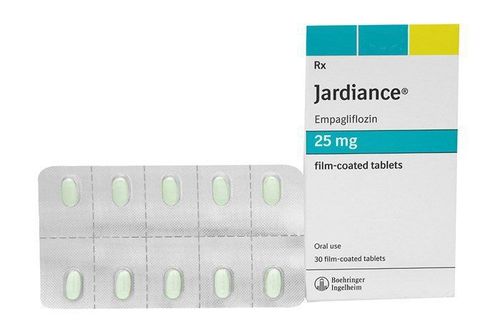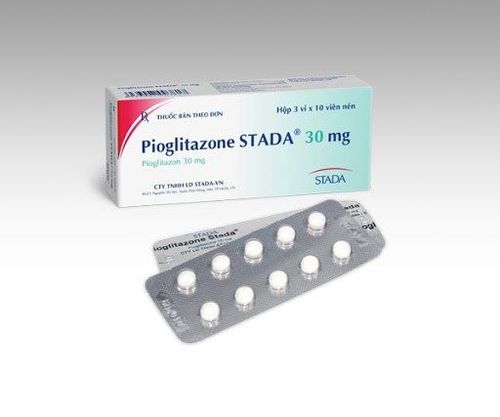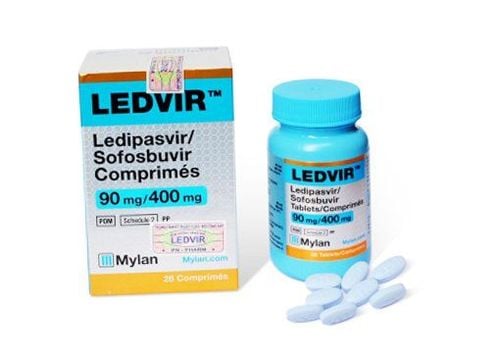This is an automatically translated article.
Article written by Pharmacist Bui Thi Thanh Ha - Faculty of Pharmacy - Vinmec Times City International General Hospital.
Forxiga is a tablet medicine that helps lower blood sugar by helping the kidneys remove glucose from the blood and excrete it in the urine. The drug helps with weight loss but can increase the risk of genital thrush and urinary tract infections.
1. What is Forxiga®?
Forxiga® has dapagliflozin as an active ingredient, which is a drug that increases the excretion of sugar and salt from the body through the urine. Medications are commonly used to treat diabetes. In addition, the drug also has a protective effect on the heart and kidneys, so it is used for cardiovascular and kidney diseases such as heart failure, coronary heart disease, kidney failure.
2. Cases in which Forxiga® should not be used
You should not use Forxiga® if you have a history of allergy to Forxiga®, liver failure, severe kidney failure, and a urine test with ketones.
If you need surgery, your doctor may ask you to temporarily stop Forxiga a few days before and after surgery.
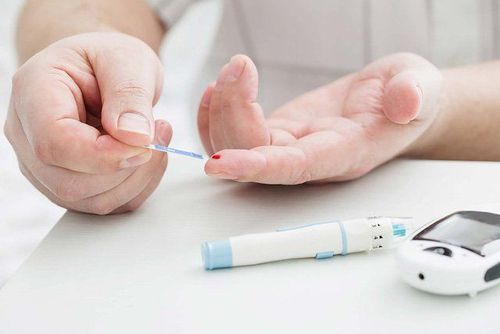
3. How to use Forxiga
The drug is used once a day. The patient can take the medicine at a fixed time of the day, be it before or after a meal. Tablets should be swallowed whole and should not be chewed or broken.
In case you forget to take Forxiga and remember during the day, you should take the medicine as soon as you remember. If you forget to take your medicine and you don't remember it until the next day, you can skip the missed dose and take it as usual. If you forget to take your medicine too often, you can set a timer to remind you to take your medicine and/or change the time to take it to a time slot that is easiest for you to take during the day.
Forxiga can be used with other diabetes and/or cardiovascular drugs.
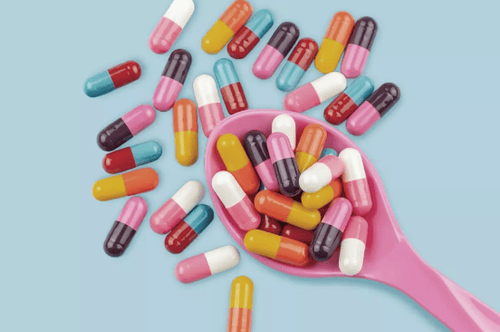
4. Possible side effects when using Forxiga®
The drug does not make the patient gain weight. However, in reality, most people usually lose 1-3kg when using the drug.
When used alone, Forxiga does not cause hypoglycemia, even if the patient does not have diabetes. However, if used with other drugs that cause hypoglycemia such as insulin, Diamicron (gliclazide), Amaryl (glimepiride), ..., the drug may increase the risk of hypoglycemia. Therefore, the patient should have some candy or cake ready to eat immediately when there are signs of hypoglycemia.
The drug may increase the risk of urinary and genital infections, more commonly in people with a history of repeated infections. Talk to your doctor if you have concerns about this risk.
Please follow the website: Vinmec.com regularly to update many other useful information.
Please dial HOTLINE for more information or register for an appointment HERE. Download MyVinmec app to make appointments faster and to manage your bookings easily.





